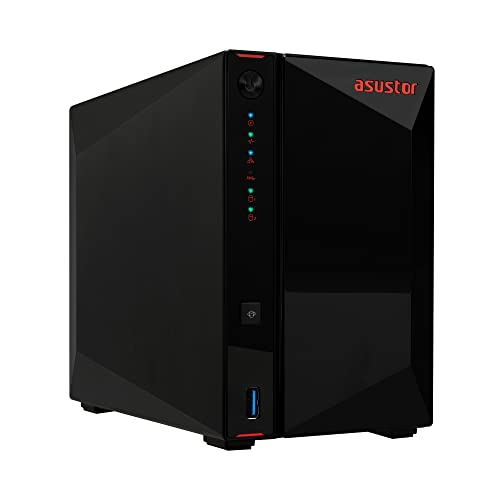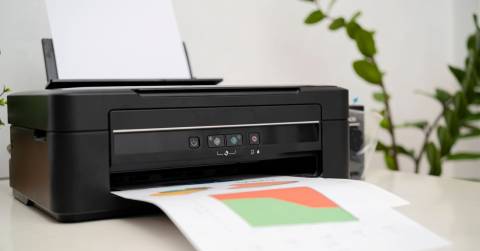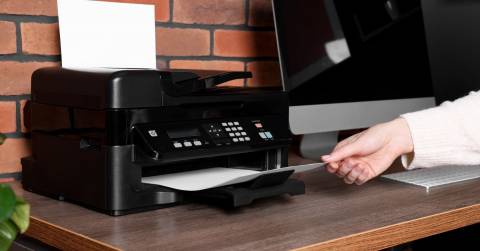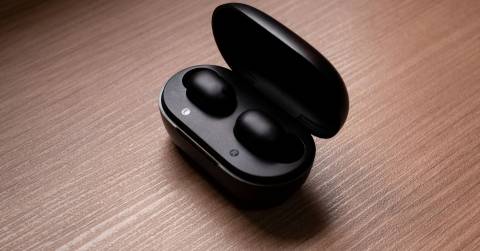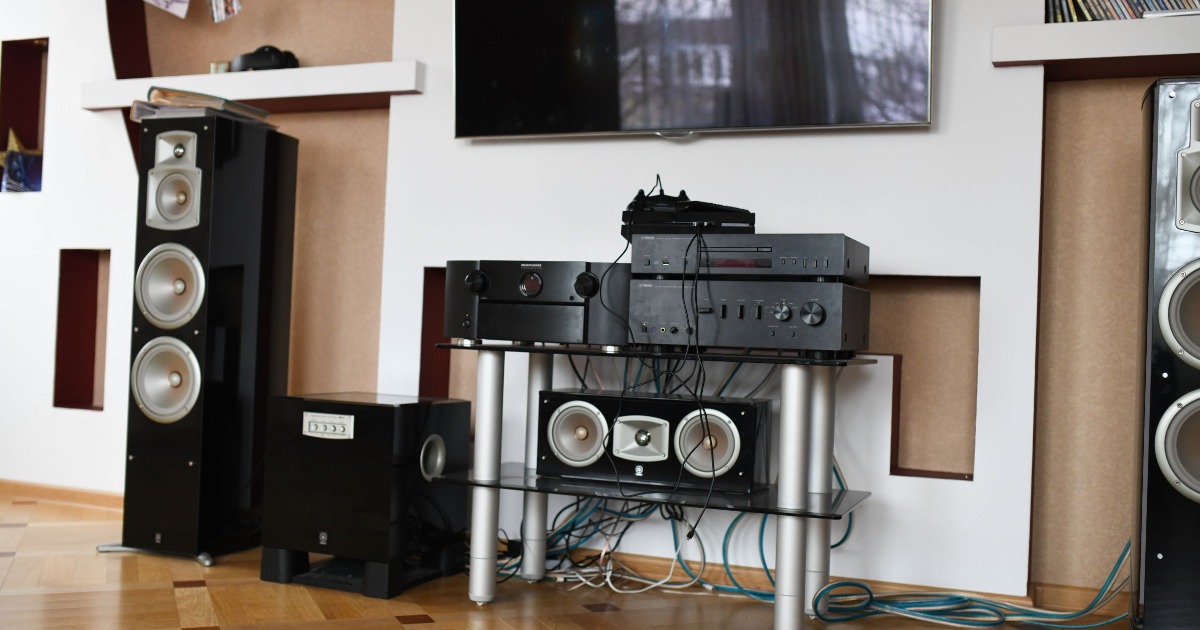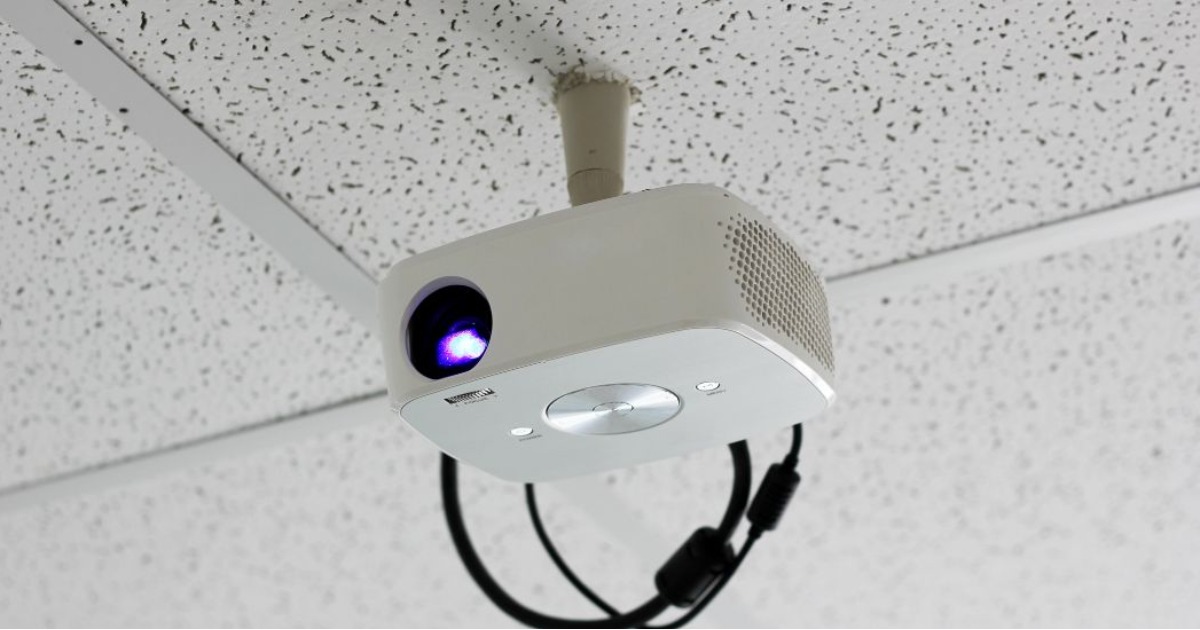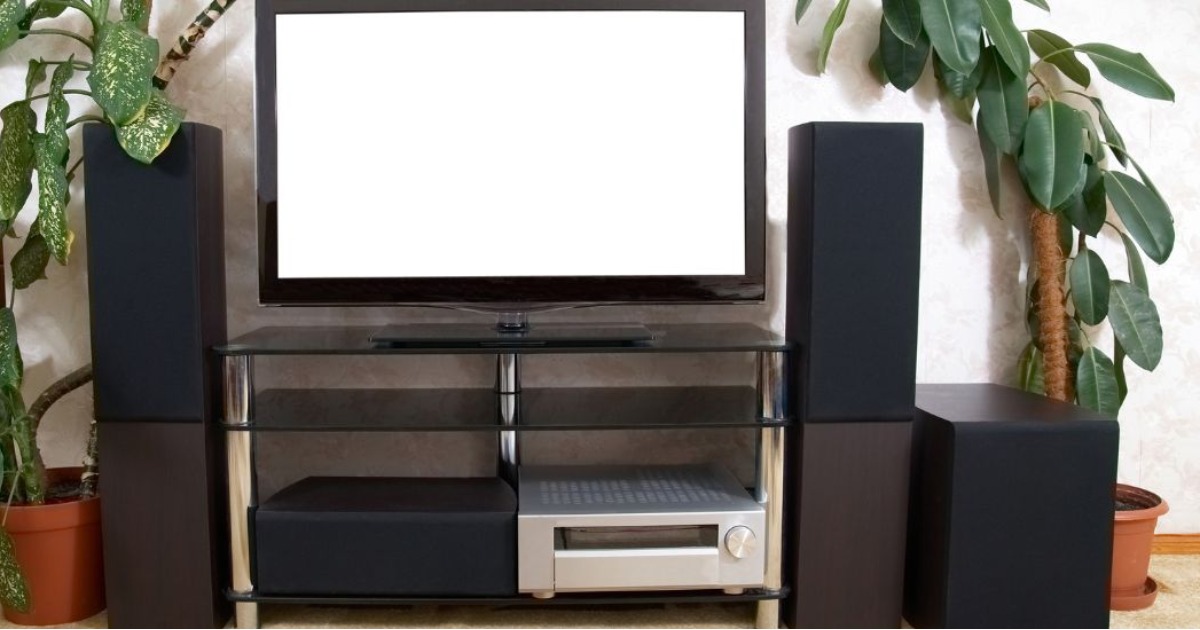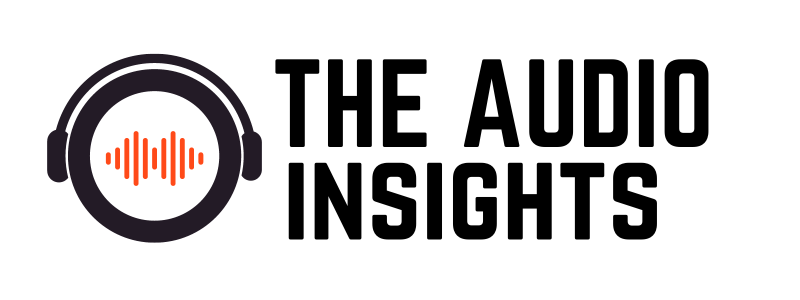The 10 Best 2 Bay Nas Of 2024, Tested By Our Experts
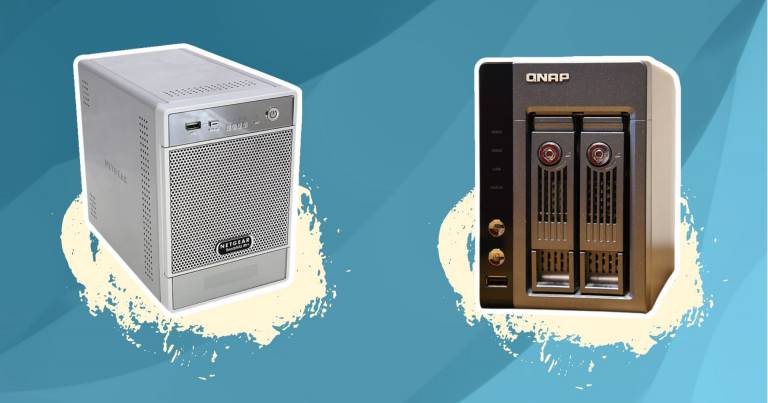
The Rundown
1. Best Overall: Synology 2 bay NAS DiskStation
The Synology 2 bay NAS DiskStation is the ideal choice for centralized file storage and backup. It features an integrated media server to provide easy access to multimedia content streaming, making it the perfect choice for home and small office users. Read Review
2. Runner Up: Synology 2 bay NAS DiskStation
The Synology 2 bay NAS is a robust and reliable storage solution for your home or business. It features dual 1GbE LAN ports to provide network failover and fast performance. The DS220+ provides over 225 MB/s sequential read and 192 MB/s sequential write throughput Read Review
3. Best Reliable: BUFFALO 2-Bay NAS Device
The BUFFALO 2-Bay NAS Device is the perfect solution for network storage. Featuring an included hard drive and no need for a computer to set up, you can easily connect the NAS to your router for instant shared network storage. Read Review
4. Best Efficient: Synology 2 Bay NAS DiskStation
The Synology 2 Bay NAS DiskStation is the perfect storage solution for small offices and home users. It features a 64-bit quad-core processor that delivers sequential throughput at over 112 MB/s reading and 112 MB/s writing. Read Review
5. Best Quality: Synology DiskStation DS218+ 2-Bay NAS
The Synology DiskStation DS218+ 2-Bay NAS is a powerful network-attached storage solution for home and small businesses. The device can host two hard drives with SATA 6Gb/s or eSATA 6Gb/s support for RAID 0, 1, and JBOD configurations. Read Review
Are you tired of constantly running out of storage space on your computer? Look no further than the best 2-bay NAS devices on the market. NAS, or Network-Attached Storage, is the perfect solution for storing and accessing your files, documents, and media from one centralized location. With a 2-bay NAS, you can keep and back up your data while accessing it from anywhere with an internet connection.
But with so many options available, choosing the right one for your needs can be overwhelming. That's where we come in. We've researched and tested the top 10 bay NAS devices to offer you the best options. From easy setup to robust features, we've got you covered. Keep reading to determine which 2-bay NAS device is suitable for you.
We think the best 2 bay nas is Synology 2 bay NAS DiskStation. With two drive bays, you can store and access your data securely and quickly while using features like RAID redundancy, media streaming, and remote access. You can also check out the Synology 2 bay NAS DiskStation. In addition to the other suggestions on this list, which equally deserve your consideration, we have compiled a helpful buyer's guide to assist you in making your decision.
RELATED: Looking to buy correct most reliable nas hard drive? We cover all use cases. Compare quality, prices, and customer reviews to find the best one for you.
Our Top Picks
More than 112 MB/s reading and writing RAID 1 protection to avoid sudden drive failure 24/7 file server Compatible with multiple operating systems
This device may be hard to use for a non-techie person
The Synology DiskStation DS220+ is the perfect solution for your home file storage and backup needs. With a 24/7 file server, you can easily store, share, and back up your data with your household. Also, the award-winning DiskStation Manager (DSM) software makes it easy to use and reduces the learning curve. This device allows you to access and share data with any Windows, macOS, and Linux computers or mobile devices. Plus, the integrated media server supports multimedia content streaming, and you can freely access private cloud files on the go with iOS and Android apps.
You don't have to worry about the compatibility of this device, either, as this device is compatible with 3.5-inch SATA HDD, 2.5-inch SATA HDD (with optional 2.5-inch Disk Holder), and 2.5-inch SATA SSD (with optional 2.5-inch Disk Holder) drive types. This Synology DiskStation DS220+ is a reliable, intuitive, and compatible solution for all your home file storage and backup needs. The only minor downside of this device is that this device may be hard to use for non-techie people.

1GbE LAN 225 MB/s sequential write 192 MB/s sequential write Protected with RAID 1 disk mirroring
This device may sometimes get slow
The Synology DS220+ device features dual 1GbE LAN ports that support network failover, which helps to ensure uninterrupted network service in the event of a connection failure. With Link Aggregation enabled, the DS220+ can achieve over 225 MB/s sequential read and 192 MB/s sequential write throughput. To protect against sudden drive failure, the DS220+ supports RAID 1 disk mirroring.
Moreover, this device is powered by an Intel dual-core processor with an AES-NI hardware encryption engine and comes with 2 GB DDR4 memory (expandable up to 6 GB). It lets you quickly access, share, and sync your data across different operating systems and devices. In addition, the DS220+ provides an average 15% performance boost to photo indexing and other computing-intensive operations, as well as database response time, which can help to improve your overall computing experience. The only drawback of this device is that it may sometimes get slow.
Hassle-free installation Compatible with multiple OS RAID 1 protected Built-in storage with data secure feature
It may sometimes disconnect from Mac device
A revolutionary storage solution for those who value data security and accessibility-the Subscription-Free Personal Cloud NAS! This purpose-built storage device, featuring a closed system and SSL encryption for secure file transfers, is designed to keep your data safe. You can say goodbye to monthly storage charges and hello to instant shared network storage for all your devices, including PCs, Macs, Androids, and iOS devices.
Moreover, setting up the NAS is a breeze, requiring no computer and including a hard drive. You can connect it to your router and are ready to go. It also includes PC backup software, allowing automated data backups on your computers and mobile devices. What's more? It will enable you to securely share files with family and friends while ensuring your data remains private. Plus, you can create individual access to folders and even share storage space with others. Additionally, it boasts impressive performance, with dual 1GbE LAN ports to support network failover and Link Aggregation enabled for increased sequential read and write throughput. However, it may sometimes disconnect from Mac devices and needs to reconnect.
Over 113 MB/s sequential reading Quad-core 1.4 GHz CPU 112 MB/s writing 1GB DDR4 memory
This device may make noise while operating
Are you seeking a versatile, high-performance network-attached storage device for your small office or home? Look no further than the Synology DS218+! This 2-bay NAS packs a powerful 64-bit quad-core processor and 2 GB of DDR4 memory, delivering lightning-fast sequential throughput at over 112 MB/s reading and writing. That means you'll have plenty of bandwidth to handle demanding tasks like 4K video transcoding on the fly so that you can enjoy your favorite movies and shows without lag or stutter.
It also comes with Synology's award-winning DiskStation Manager (DSM), a powerful and intuitive operating system that lets you easily manage and organize your data. Whether you're storing important files, backing up your devices, or streaming media to your TV, the DSM makes it simple and hassle-free. And with support for a wide range of clients and browsers, including Windows, Mac, iOS, and Android, you can access your data from anywhere, anytime. Plus, it is designed with data security in mind, featuring SSL encryption and a closed system that minimizes vulnerabilities from third-party apps. Unfortunately, this device may make a bit of noise while in operation.
Support 6Gb/s and eSATA 6Gb/s Easy to operate Compatible with most operating systems DDR2 SDRAM hard drive interface
The device's app could be better
This versatile 2-bay NAS server is the perfect storage solution for small businesses and home users. With support for SATA 6Gb/s and eSATA 6Gb/s, this NAS server can accommodate up to two hard drives with RAID 0, 1, and JBOD configurations for maximum flexibility in data storage. The server features 2 GB RAM and Gigabit Ethernet to ensure fast and reliable data access and transfer speeds.
The NAS server also supports iSCSI, making it an ideal choice for virtualization environments. It can be easily integrated into any network and is compatible with most operating systems, including Windows, Mac OS, and Linux. Moreover, with its compact design and easy-to-use interface, this device is perfect for users who require a reliable, high-performance storage solution without needing advanced technical knowledge. Whether you need to store and share files, back up important data, or run virtual machines, this NAS server covers you. Nonetheless, the device's app could be better.
Quad-core 2.0 GHz processor Supports Intel HD Graphics 2-Ethernet ports 1-HDMI port
This device may be slow
This powerful and efficient NAS server with Intel Celeron J4125 quad-core 2.0 GHz processor that can burst up to 2.7 GHz. This device offers smooth and responsive performance even with heavy workloads. This NAS device can deliver outstanding visuals and high-speed data transfers with Intel HD Graphics 600 and 4GB SO-DIMM DDR4 memory (expandable up to 8GB).
Featuring 2 x 3.5-inch drive bays, this diskless device provides ample storage space for all your essential files and documents. It also comes equipped with 2 x 2.5GbE ports that allow for speedy network connections and 1 x PCIe Gen 2 slot for adding extra functionality. Furthermore, it includes 3 x USB 2.0 ports and 2 x USB 3.2 Gen 1 ports, providing easy connectivity with your favorite peripherals. It even has an HDMI output for viewing your files in stunning high definition. Nevertheless, this device sometimes gets slow.
Anywhere access with mobile app Performance over 113 MB/S reading Powered by DiskStation Manager 2 drive bays for data redundancy
This device may be hard to set up
Meet the versatile entry-level 2-bay NAS that provides seamless home and personal cloud storage solutions. With over 113 MB/s reading and 112 MB/s writing speeds, this NAS ensures fast and efficient data transfer. Powered by a dual-core CPU with a hardware encryption engine, you can rest easy knowing your data is secure. Operating at temperatures between 5°C to 40°C (40°F to 104°F), this NAS is built to last in different environments.
Moreover, you can access your files from anywhere with iOS/Android/Windows-ready mobile apps. Using an integrated media server, you can stream your multimedia content to multiple devices. Furthermore, this NAS supports a maximum single volume size of up to 16 TB, providing ample storage space for your data. Also, it is compatible with 3.5" SATA HDD, 2.5" SATA HDD (with optional 2.5" Disk Holder), and 2.5" SATA SSD (with optional 2.5" Disk Holder); this NAS is adaptable to your storage needs. Unfortunately, this device may be hard to use.
Two 2.5 GbE ports with up to 5 Gbps under Link Aggregation
Memory: 4GB DDR4 -2933 SO-DIMM (Expandable. max.16GB, 8GB x2)
Four M.2 Slots
Flexible PCIe slot for M.2 SSDs
Quad-Core 10 nm Intel Celeron N5105 CPU brings 31% more performance
2 x USB 3.2 Gen 1 port
2 x 3.5-inch SATA 6Gb/s, 3Gb/s (Diskless)
2 x 1 GbE port
Annapurna Labs AL-214 quad-core 1.7 GHz processor
1GB DDR3 RAM
Features HDMI 2.0a with 10bit 4K hardware decoding, HEVC decoding and VP9 10bit Profile2 decoding for overwhelming 4K HDR Experience
Intel Celeron dual core 2.7GHz CPU with 2GB DDR4 RAM (expandable up to 8GB) for power user and enthusiast
3 year manufacturer warranty
Compatible with 2.5" or 3.5" SATA SSD/HDD drives up to 36TB (18TB x 2). Expand as much storage as needed with ease
2 x 2.5 Gigabit Ethernet ports. Enable up to 150% faster performance and up to 5 Gbps in Link Aggregation mode
What to Look For in a best 2 bay nas?
The best 2 bay nas is a product type that many customers feel hesitant to select because of the challenges in evaluating its features. It comes to trust! When studying a significant purchase, many factors must be considered. Our best 2 bay nas knowledge will help you make an ideal decision.
Our article here will highlight some outstanding items and provide solutions to FAQs and guides to buying. You should keep in mind some main criteria of best 2 bay nas below:
Ease Of Use
RAID
Whatever RAID you choose, however, don’t consider your NAS to be the only backup of your data. If the box just dies, or if something catastrophic happens like a fire, you’ll still lose all your data. To mitigate this you'll want another external backup, preferably to the cloud.
Capacity
If your needs are more modest then a two-bay unit is also handy and won't break the bank.
Form Factor
Transcoding
Apps
Ports And Connections
FAQs
What is a 2-bay NAS?
A two-bay Network Attached Storage (NAS) is a device that offers data storage and digital media streaming capabilities, typically over a local area network or the internet. It usually consists of two storage drives, allowing for faster data transfers, redundancy, and backup options for multiple users.
What are the benefits of a 2-bay NAS?
The main benefit of a 2-bay NAS is its ability to provide fast, secure storage for multiple users. It also offers backup and redundancy options, allowing for a backup of all data stored on the device. Additionally, a 2-bay NAS can also be used to stream digital media content to multiple devices, such as Smart TVs, computers, and mobile devices.
How do I set up a 2-bay NAS?
To set up a 2-bay NAS, you will need to connect it to your home network and configure the NAS settings. This can be done through the web-based management portal or the manufacturer’s software. Once your NAS is connected and configured, you can add storage drives, create users and manage access permissions.
What type of drives can I use with a 2-bay NAS?
The type of drive you can use with a 2-bay NAS will depend on your specific NAS model. Generally, 2-bay NAS devices support traditional spinning hard drives and solid-state drives. You can also use RAID (Redundant Array of Independent Disks) to create a mirrored drive configuration, which provides redundancy and better performance.
READ NEXT: The Best Wireless Hdmi Extender For 2024










